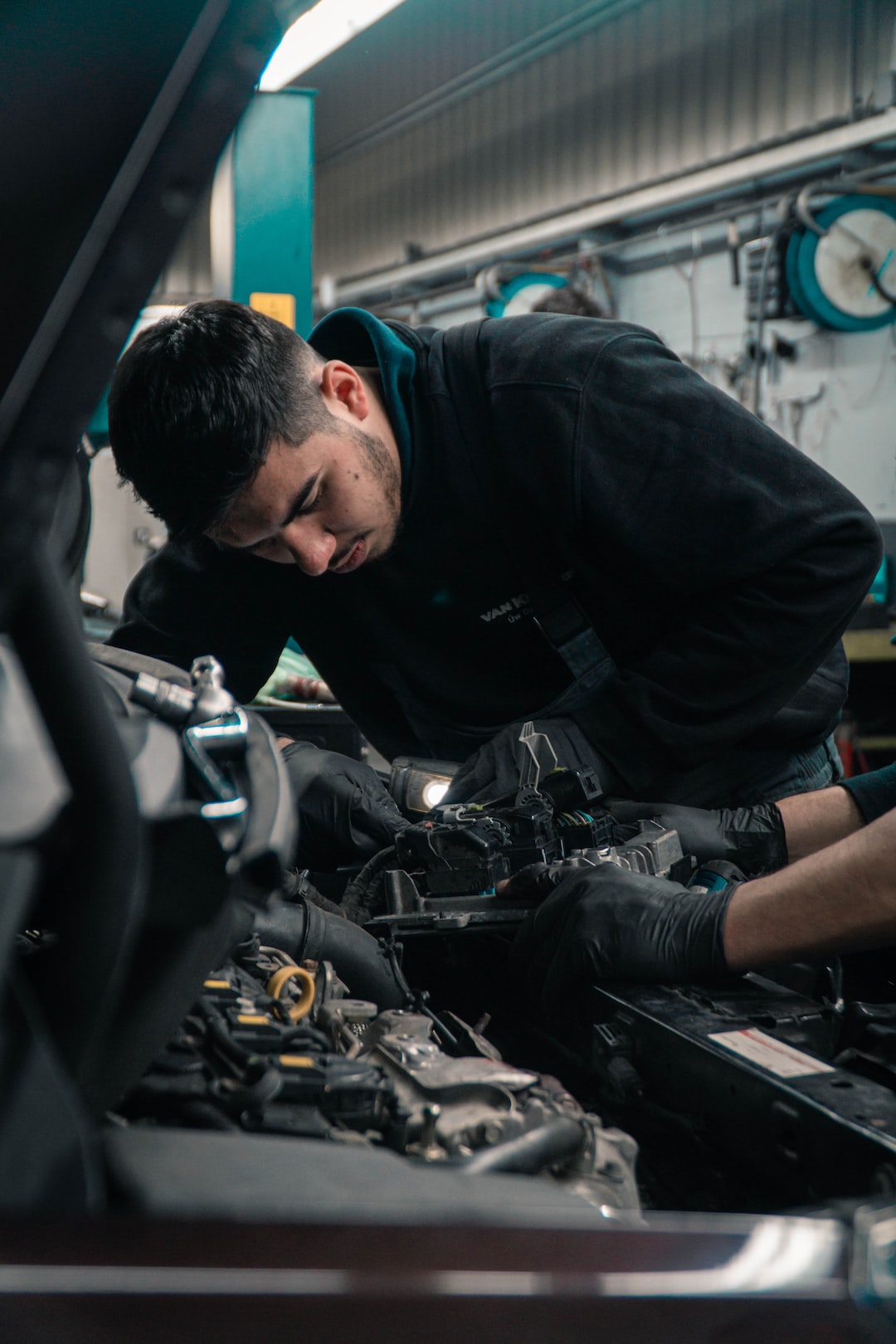The Future of 3D Printing in the Manufacturing Industry
Technology has revolutionized the way we live and work, and one of the most groundbreaking technologies of recent times is 3D printing. Also known as additive manufacturing, 3D printing has the potential to reshape the manufacturing industry like never before. With its ability to create complex and customized objects layer by layer, 3D printing is turning traditional manufacturing methods upside down. In this blog post, we will explore the future of 3D printing in the manufacturing industry and the potential it holds.
One of the key advantages of 3D printing is its ability to create objects with intricate designs that were previously impossible to manufacture using traditional methods. As the technology advances, we can expect to see even more complex and detailed structures being printed. This opens up a whole new world of possibilities for industries such as aerospace, automotive, and healthcare. For example, in the aerospace industry, 3D printing can be used to create lightweight and durable parts for aircraft, leading to fuel efficiency and improved performance.
In addition to complex designs, 3D printing also offers customization at a level that was unimaginable before. Each item can be tailored to meet specific requirements, allowing manufacturers to offer personalized products to their customers. This customization capability is invaluable in industries like healthcare, where prosthetics and medical implants can be designed specifically for individual patients. It not only improves patient outcomes but also reduces costs associated with traditional mass production.
Furthermore, 3D printing has the potential to streamline supply chains and reduce waste. With traditional manufacturing methods, a lot of material is wasted in the process of creating a product. However, 3D printing uses only the necessary amount of materials, minimizing waste. Additionally, 3D printing can be done on-demand, eliminating the need for large inventories and reducing storage costs. This not only makes the manufacturing process more efficient but also reduces the environmental impact of the industry.
As the technology continues to evolve, the speed and scalability of 3D printing are expected to improve significantly. Currently, 3D printers can take hours or even days to complete a complex object. However, research and development efforts are underway to increase the printing speed without compromising the quality. These advancements will make 3D printing a viable manufacturing method for larger production runs, further disrupting the traditional manufacturing industry.
Another area where 3D printing is expected to make a significant impact is in the field of sustainable manufacturing. Traditional manufacturing methods often involve the use of harmful chemicals and generate a considerable amount of waste. In contrast, 3D printing allows for the use of materials that are more environmentally friendly, such as biodegradable plastics. This shift towards sustainable manufacturing aligns with the growing demand for environmentally conscious products and practices.
In conclusion, the future of 3D printing in the manufacturing industry looks promising. With its ability to create complex designs, offer customization, reduce waste, improve supply chains, and contribute to sustainable manufacturing practices, 3D printing is set to revolutionize the way we produce goods. While there are still challenges to overcome, such as cost-effectiveness and scalability, the steady progress and innovative developments in this field make it clear that 3D printing is here to stay. As more industries embrace this technology, we can expect to see a transformation in the manufacturing landscape, unlocking new possibilities and opportunities for businesses and consumers alike.
